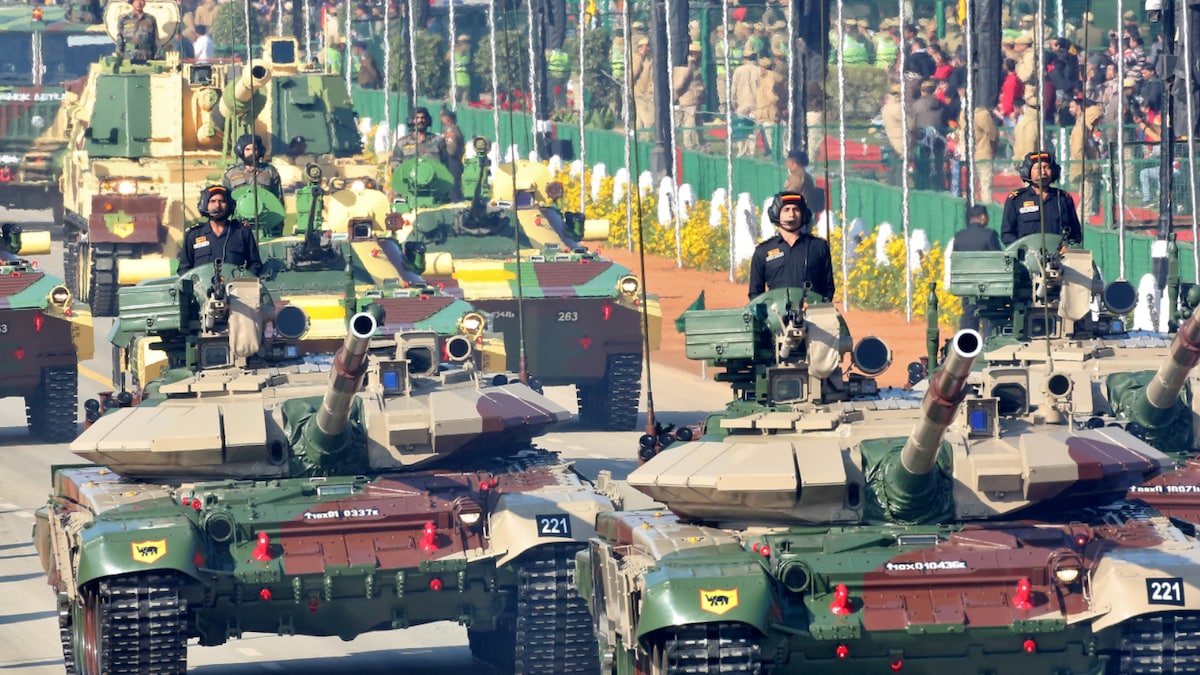SOURCE: IDRW.ORG TEAM

A tug-of-war is brewing between the Indian Armed Forces and the Ministry of Defence (MoD) over the continuation of emergency procurement powers granted after the 2016 Uri attack. These powers were designed to bypass the notoriously slow bureaucratic process and expedite critical acquisitions amid heightened security concerns.
The Army, Navy, and Air Force argue that emergency procurement has been crucial in plugging critical capability gaps and ensuring operational readiness, particularly along the volatile borders. They highlight the streamlined procedures, faster decision-making, and flexibility in choosing vendors as key advantages. Recent deals for Light Specialist Armoured Vehicles and anti-drone systems are cited as successes facilitated by these powers.
The MoD, however, expresses concerns about potential financial mismanagement, lack of transparency, and the undermining of established procurement protocols. It advocates for reverting to the pre-Uri system, emphasizing stricter oversight and long-term planning as guarantees for efficient and cost-effective acquisition.
Despite the divergent views, the government has extended the emergency procurement powers for another six months, acknowledging the ongoing need for agility in certain situations. This temporary extension suggests a recognition of the forces’ concerns while leaving the door open for future reform.
The debate is likely to continue, demanding a delicate balancing act. Finding a middle ground that addresses the MoD’s concerns about accountability and long-term planning while retaining the forces’ ability to respond swiftly to critical needs will be crucial. Potential solutions could include:
NOTE : Article cannot be reproduced without written permission of idrw.org in any form even for YouTube Videos to avoid Copy right strikes. Websites doing illegal reproductions will get DMCA and Legal Notices.